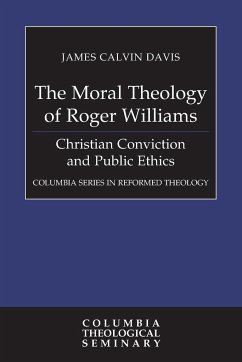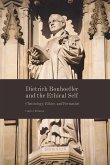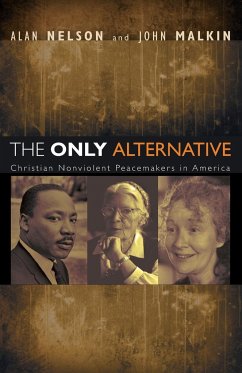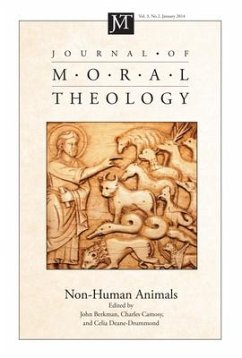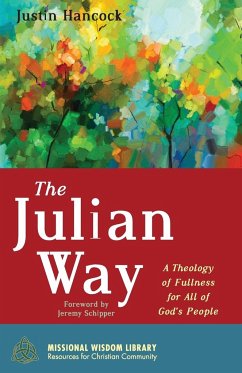Roger Williams, New England troublemaker and founder of Rhode Island, is seldom included among the great figures in American Reformed theology. Yet Williams's arguments for religious liberty were deeply rooted in Puritan Calvinism. This book explores the "moral theology" that informed Williams's spirited defense of toleration, demonstrating how Reformed theology in Williams's hands allowed him to defend the integrity of religious convictions while also making the case for conversation and cooperation with moral citizens outside his circle of faith. The Columbia Series in Reformed Theology represents a joint commitment by Columbia Theological Seminary and Westminster John Knox Press to provide theological resources from the Reformed tradition for the church today. This series examines theological and ethical issues that confront church and society in our own particular time and place.
Hinweis: Dieser Artikel kann nur an eine deutsche Lieferadresse ausgeliefert werden.
Hinweis: Dieser Artikel kann nur an eine deutsche Lieferadresse ausgeliefert werden.

